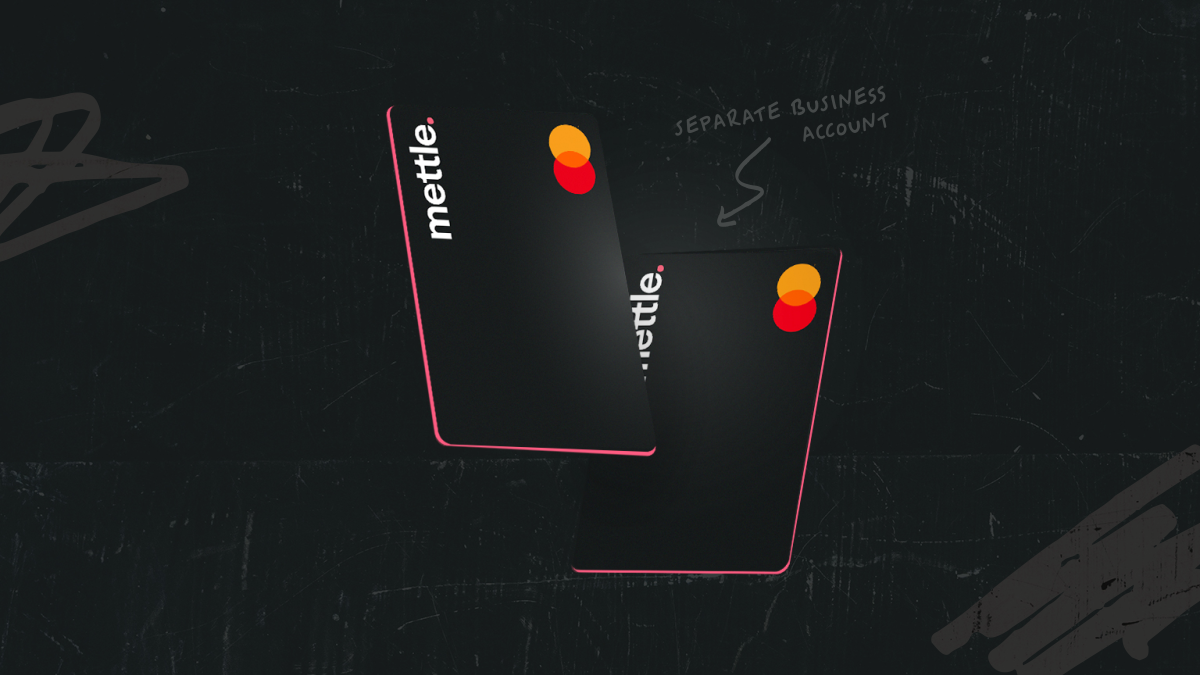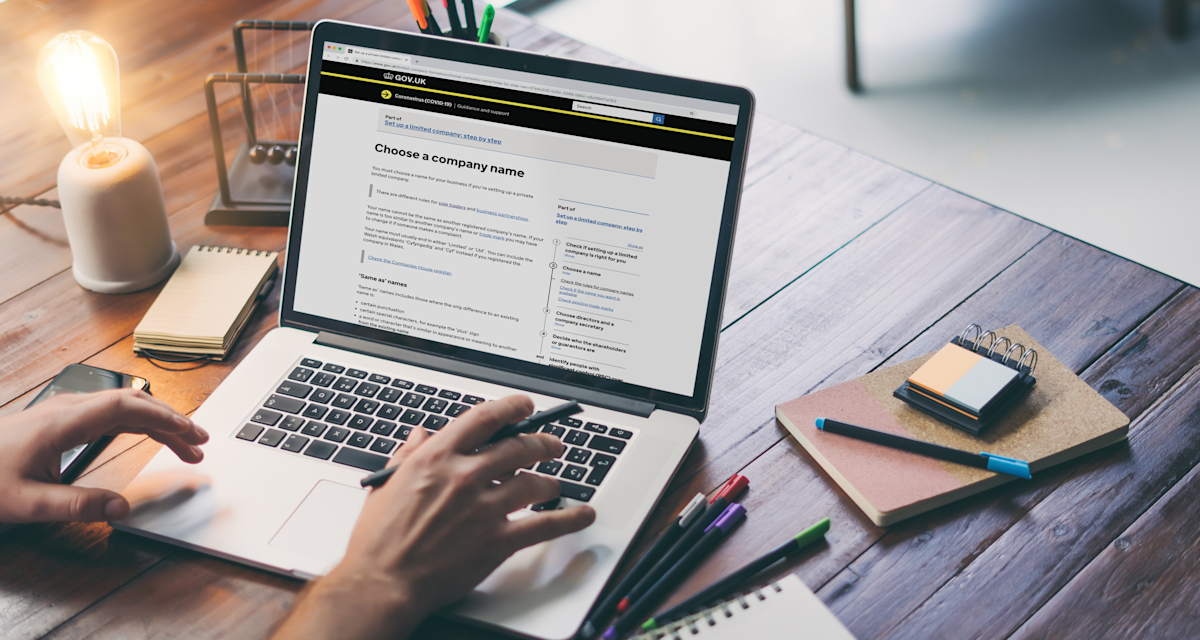When you’re starting out as a sole trader or a limited company it’s often a good idea to set up a separate business bank account. Not only does it help with keeping track of your business finances, but it also allows you to keep an eye on things such as payroll, cash flow and invoices.
There are so many business accounts on the market now, some with different benefits to others, some that charge for the account and some that don’t. Take some time to figure out which is the best account for you before opening one.
You might also want to consider if they give you the ability to pay cash into a PayPoint or the Post Office? Is that something your business needs, or all your payments done via an invoice?
Sole traders vs limited companies
If you’re a sole trader, having a business bank account isn’t a requirement. It's a requirement for limited companies though – you’ll need to have a separate account so that you can legally hold the money as a separate entity to your personal finances.
If you haven’t yet set yourself up as a sole trader or limited company, check out our other blogs on how to do so.
Setting up a business account doesn’t need to be a chore either, some accounts just take a few minutes to apply.
Features to help you run your business
A business bank account will have different features to a personal bank account, that focus on making running your business finances easier.
With the Mettle account, you can connect to accounting software like FreeAgent, Xero or Quickbooks, send invoices and match receipts to payments. This can help you keep on top of your business finances and help get ready for year-end reporting.
Feature | Mettle business account |
|---|---|
Instant notifications | |
Auto match receipts to invoices |
*You’ll need to be connected to FreeAgent to be able to use the Tax calculation feature.
To learn more about the features in the Mettle account, click here.
How to set up a business account
Setting up a business account isn’t actually as much effort as it may seem. If you’ve registered as either a sole trader or limited company then you’ll commonly need:
Proof of ID for the company directors and any PSC (people of significant control)
Proof of address
Your business details including the registered address, the Companies House registration as well as contact details for your company
When it comes to doing your end of year accounts or tax returns, having all your business-related information to hand can make the process easier. When you keep all your business transactions in a personal account – especially as a sole trader – it’s easier to mix these up and can make reporting more difficult.
Does having a business account help with my end of year accounts?
End of year accounts always seem like the biggest job but if you’re having to sift through your personal account to pick out what was a business transaction and what was personal, it’s going to take even longer.
Having a separate business account for all your spending makes it much easier to keep track of your tax and VAT for your end-of-year.






